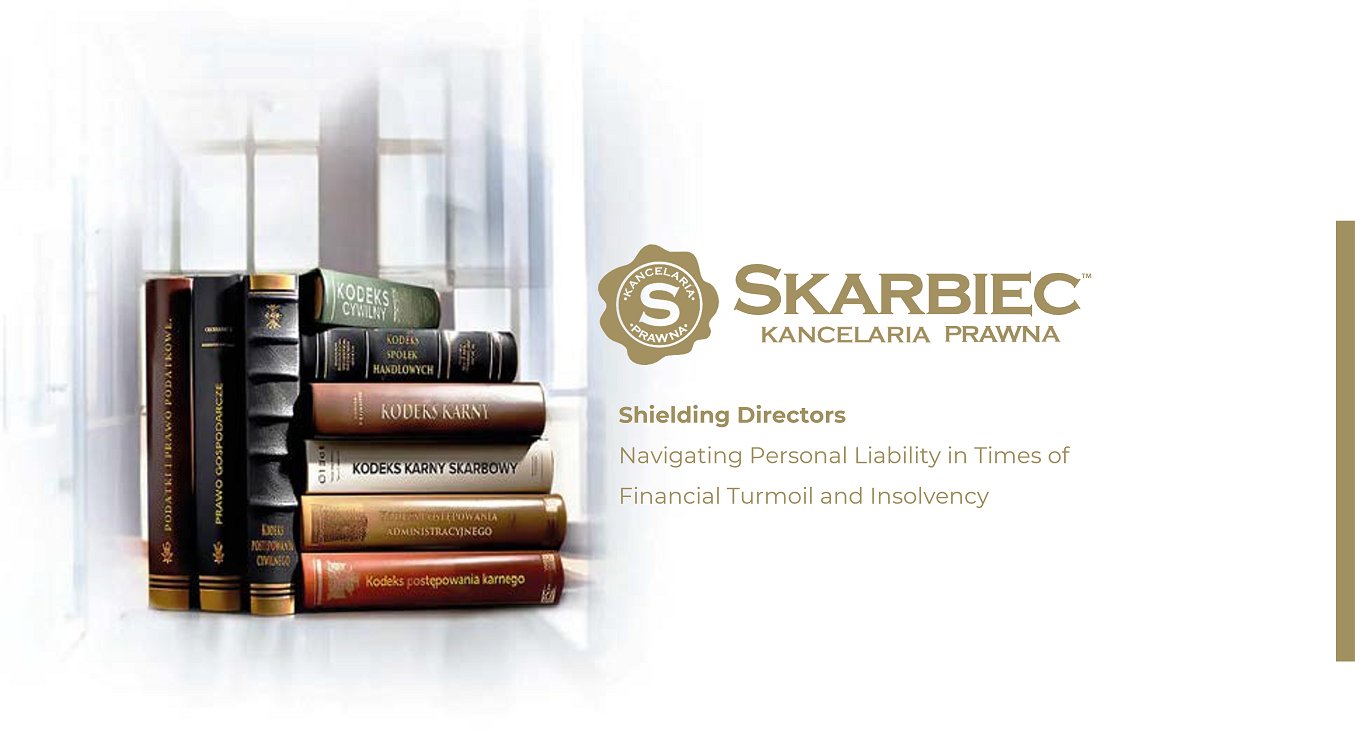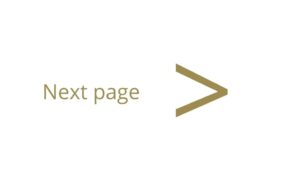
Key distinctions in directors’ financial obligations between the United States and Polish systems.
Chapter 4
In both the Polish and U.S. systems, the assumption is that a board member is responsible for their own actions – if they are unlawful and intentional. However, in the Polish and American systems, these concepts are given drastically different meanings.
In Poland, the harm of a creditor that will be examined is simply company’s failure to repay its debt, while director’s “fault” in this regard will be the failure to file a bankruptcy petition – which is a fundamental difference compared to the American system. According to Article 299 § 2 CCC, a condition that exempts a member of the company’s management board from liability for its unsatisfied obligation is also showing that the creditor did not suffer any damages despite the member of the board not filing a bankruptcy petition. In order to establish the lack of harm under Article 299 § 2 CCC on the side of the unsatisfied creditor of the company, it is necessary to demonstrate that in the bankruptcy proceedings the creditor would not be satisfied, even if the proceedings were initiated earlier [judgment of the Appellate Court in Poznań – Civil Division I of December 16, 2022, I AGa 191/21].
If the condition of fault for actions in the form of failure to file a bankruptcy petition is met, it is essentially irrelevant whether the board member had knowledge of the company’s affairs or decisions were made by third parties. The severity of this provision is especially apparent in cases involving directors who have had no involvement in managing the company’s affairs at all.
An individual who (without compulsion, threat, or deceit) consented to be appointed to the board of a company with the awareness that they would only play a “figurehead” role, and subsequently agreed to such a state of affairs, bears full responsibility for the activities of the company and the consequences of failed business ventures or actions detrimental to the company, carried out by individuals authorized, with their consent, to manage the company in practice. Consequently, consciously and voluntarily relinquishing actual management of the company to a person outside the board does not exempt the board member from their duties arising from holding a position in that body, nor from liability for their failure to fulfill those duties. One of these duties is monitoring the company’s debt to enable the timely submission of a bankruptcy petition or initiation of a composition proceeding, which, in turn, releases them from liability for arrears [Judgment of the Court of Appeal in Krakow – Civil Department I of November 24, 2021, I AGa 139/20].

Founder and Managing Partner of Skarbiec Law Firm, recognized by Dziennik Gazeta Prawna as one of the best tax advisory firms in Poland (2023, 2024). Legal advisor with 19 years of experience, serving Forbes-listed entrepreneurs and innovative start-ups. One of the most frequently quoted experts on commercial and tax law in the Polish media, regularly publishing in Rzeczpospolita, Gazeta Wyborcza, and Dziennik Gazeta Prawna. Author of the publication “AI Decoding Satoshi Nakamoto. Artificial Intelligence on the Trail of Bitcoin’s Creator” and co-author of the award-winning book “Bezpieczeństwo współczesnej firmy” (Security of a Modern Company). LinkedIn profile: 18 500 followers, 4 million views per year. Awards: 4-time winner of the European Medal, Golden Statuette of the Polish Business Leader, title of “International Tax Planning Law Firm of the Year in Poland.” He specializes in strategic legal consulting, tax planning, and crisis management for business.







